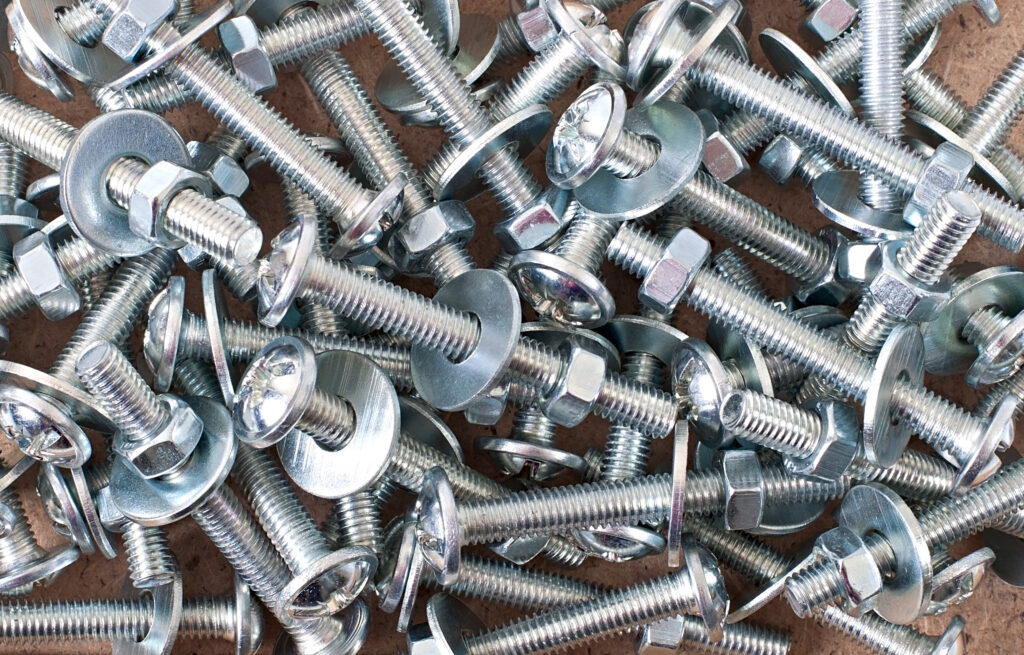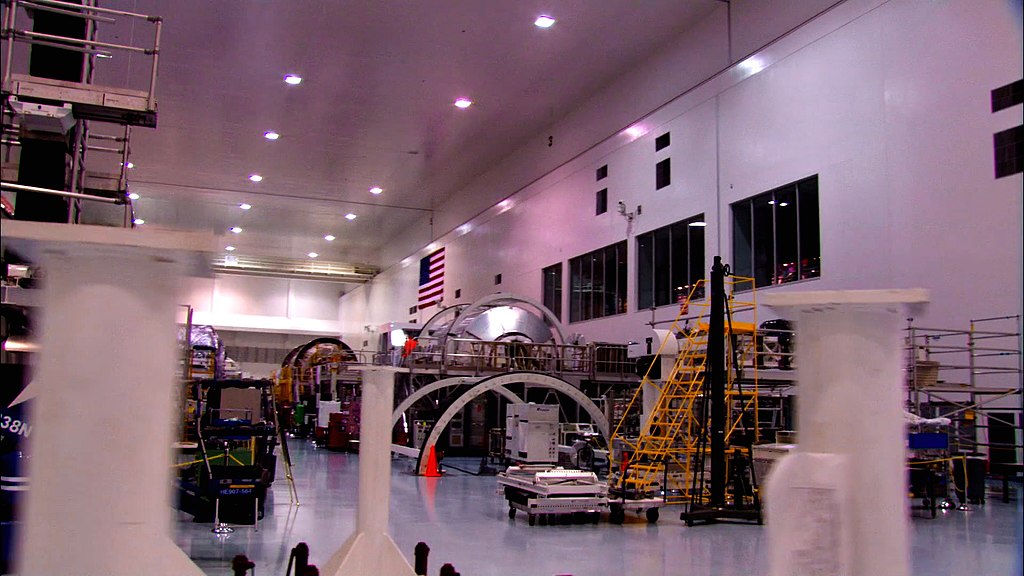Bolts, nuts, and washers form the bedrock of many mechanical assemblies, with applications spanning multiple industries. Washers, although small and seemingly insignificant, play a pivotal role in ensuring the longevity and integrity of bolted joints. This study centers around two primary types of washers: those conforming to the MS15795 specification and conventional washers.
It aims to elucidate the relative merits, demerits, and application-specific performances of each.
MS15795 Washers: An Overview
These washers are precision-made, known for their uniformity in size and shape. They are specifically designed to distribute loads evenly across a wider surface area, reducing the stress concentration on the bolted joint. The distinctive features include their low-profile design, defined by a smaller outer diameter (OD) and larger inner diameter (ID), which enhances load distribution while minimizing material use.
Conventional Washers: A Brief Description
Conventional washers, on the other hand, come in an assortment of forms, from plain to split lock, star, and Belleville, among others. While they all serve the fundamental purpose of load distribution, their designs differ, altering their efficacy in different applications. The generic plain washer is most common, known for its simple design with a larger OD and smaller ID, contrary to the MS15795 specification.
Comparison Of Material Properties
- Material Quality: MS15795 washers are typically made from high-grade stainless steel, conforming to stringent military specifications. This grants them exceptional corrosion resistance and temperature tolerance. Conventional washers can be composed of various materials, including stainless steel, but their quality can vary significantly depending on the manufacturer.
- Dimensional Accuracy: Due to the precision manufacturing processes, MS15795 washers offer superior dimensional accuracy, a key determinant of load distribution efficiency. Conventional washers, although manufactured to industry standards, may not exhibit the same level of precision.
Performance In Bolting Applications
When it comes to real-world applications, both MS15795 and conventional washers exhibit unique performance characteristics. MS15795 washers, with their precision design and superior material quality, provide consistent load distribution. This leads to increased joint longevity, especially in high-stress, corrosive, or high-temperature environments.
Conventional washers, although not offering the same level of precision or material quality, can still be an effective choice for lower-stress environments or applications where cost efficiency is a priority. Different designs, like split-lock or Belleville, also offer unique benefits, like preventing bolt loosening due to vibrations.
Comparative Examples
Aerospace Industry
In the aerospace industry, where material quality, precision, and weight reduction are paramount, MS15795 washers are commonly used. Their low-profile design and high corrosion resistance make them suitable for aerospace assemblies.
Conversely, conventional washers may be employed in less critical, non-flight assemblies, where cost-effectiveness takes precedence over precision.
Manufacturing And Construction
In manufacturing and construction, where bolted joints may be exposed to the elements or heavy loads, both types of washers find usage. MS15795 washers are often used in high-stress points for their superior load distribution and durability. Conventional washers, especially corrosion-resistant or lock variants, are used in non-critical joints or areas with lower stresses.
Differences In Cost And Availability
Cost and availability also come into play when choosing between MS15795 and conventional washers. MS15795 washers, with their superior material and dimensional attributes, are generally more expensive than conventional washers. Their availability can also be limited due to the specificity of their manufacturing process and compliance with military specifications.
On the other hand, conventional washers, due to their diverse range and simpler manufacturing processes, are typically less expensive and more readily available.
Adaptability To Bolting Techniques
Modern bolting techniques, like torque control and tension control, have distinct washer requirements. MS15795 washers, with their consistent dimensions, can help achieve accurate preload when using these techniques. Conventional washers, while suitable for traditional torque control, might not be as effective for advanced bolting techniques due to their varying dimensions and material quality.
FAQs
1. What differentiates MS15795 washers from conventional washers?
They are known for their precision manufacturing, superior material quality, and low-profile design, which contribute to better load distribution and joint longevity. Conventional washers offer a variety of designs but may not offer the same level of precision or material quality.
2. Are MS15795 washers always better than conventional washers?
Not necessarily. The choice between this type of washer and conventional washers depends on the specific application, cost considerations, availability, and bolting techniques in use. While MS15795 washers offer superior performance in high-stress and critical applications, conventional washers can be effective in lower-stress environments or where cost efficiency is prioritized.
3. Can MS15795 washers be used with any type of bolt?
Yes, they can be used with any bolt that matches the inner diameter of the washer. However, to maximize their benefit, it is advisable to use them with high-quality bolts and employ advanced bolting techniques.
4. Do MS15795 washers require any special installation processes?
These washers can be installed in the same manner as conventional washers. However, due to their precise design, they may require careful handling to avoid any potential damage.
5. When would conventional washers be a better choice?
Conventional washers would be more appropriate when cost efficiency is the primary concern or when the application requires specific washer types, such as lock washers, to prevent bolt loosening.
This comprehensive study showcases the inherent differences between MS15795 and conventional washers, demonstrating that the selection should be influenced by application-specific requirements rather than blanket assumptions.
While MS15795 washers stand out with their superior quality and precision, making them apt for high-stress and critical applications, conventional washers maintain their relevance with versatility and cost-efficiency, particularly suited to lower-stress environments.
The nuanced understanding of these two types of washers and their appropriate usage can significantly impact the durability, integrity, and overall performance of industrial bolted assemblies. Thus, the choice between MS15795 and conventional washers is not about superiority but suitability, ensuring the right washer is chosen for the right application.
The field of industrial bolting is ever-evolving, with advancements in material science, manufacturing techniques, and bolting technology consistently redefining best practices. As such, it is essential to keep abreast of these changes to make informed decisions about washer selection, guaranteeing the efficiency, safety, and longevity of bolted joints.
After all, these seemingly small components play a colossal role in holding our mechanical world together.


